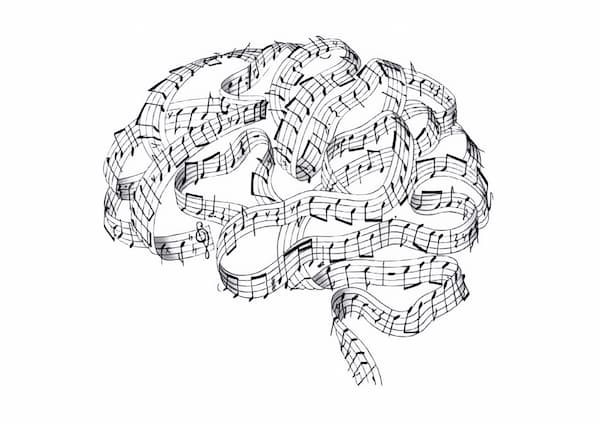Every musician, from beginners to seasoned professionals, has faced failure at some point. A missed note, a forgotten passage, or a complete mental block during a performance—these moments can be disheartening. However, failure is not the end of the road; in fact, it is an essential part of the learning process. The way we handle these setbacks determines our growth as musicians. In this article, we’ll explore why failure is crucial, how to analyse mistakes constructively, and how famous musicians have overcome their struggles.
Failure as a Part of the Learning Process

In psychology, failure is often viewed as a critical step toward mastery. Carol Dweck, a psychologist known for her work on motivation, introduced the concept of the growth mindset —the belief that abilities can be developed through effort and learning. When musicians adopt this mindset, mistakes become opportunities rather than obstacles.
Neuroscientific studies show that the brain learns best when challenged. Each mistake signals areas that need improvement, prompting the brain to form stronger neural connections. This is why deliberate practice—focused repetition with an awareness of errors—is more effective than mindlessly playing the same piece over and over again.
Rather than fearing failure, musicians should embrace it as part of the process. Legendary violinist Itzhak Perlman once said, “The most important thing to do after making a mistake is to smile and move on.” A mistake is not a reflection of one’s worth but a stepping stone to mastery.
Constructive Analysis: Learning from Mistakes
Rather than dwelling on failure emotionally, musicians can benefit from a structured approach to analyzing mistakes. Here’s how:
- Identify the Error – What exactly went wrong? Was it a technical issue, a memory lapse, or performance anxiety?
- Determine the Cause– Was it due to lack of preparation, nerves, or external distractions?
- Find a Solution – What can be done differently next time? Does the section need more focused practice? Would breathing techniques help with nerves?
- Reframe the Experience– Instead of thinking, “I failed”, say “I learned something valuable.” This shift in perspective reduces fear of failure in the future.
Psychologists suggest using self-compassion in moments of failure. Instead of engaging in harsh self-criticism, treating oneself with kindness fosters resilience. Studies indicate that self-compassionate individuals are more likely to persist after setbacks rather than give up.
Stories of Resilience: Musicians Who Overcame Failure
Failure is not unique to amateurs; even world-renowned musicians have encountered obstacles. Their perseverance serves as an inspiration.
- Ludwig van Beethoven – He began to lose his hearing, yet he composed some of his greatest works, including the Ninth Symphony, while being completely deaf.
- The Beatles – Before achieving global success, The Beatles were rejected by multiple record labels, including Decca Records, which infamously told them that “guitar groups are on the way out.” Instead of quitting, they kept performing, refining their style, and eventually changed the music industry forever.
- Freddie Mercury – Before Queen became a household name, Freddie Mercury faced years of struggling to find his place in the industry. He was criticised for his flamboyant style, yet he stayed true to his vision and became one of the greatest rock performers in history.
Final Thoughts: Embracing Failure as Fuel for Growth
Every musician will face setbacks, but failure does not define ability—response to failure does. By adopting a growth mindset, analysing mistakes constructively, and drawing inspiration from those who persevered, musicians can turn failures into valuable lessons.
Next time you hit a wrong note or forget a passage, remember: failure is temporary, but growth is permanent. Keep playing, keep learning, and let each setback propel you toward success.
How to overcome your mistakes
For more of the best in classical music, sign up for our E-Newsletter




